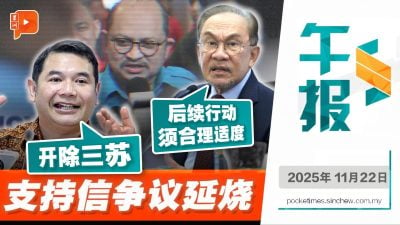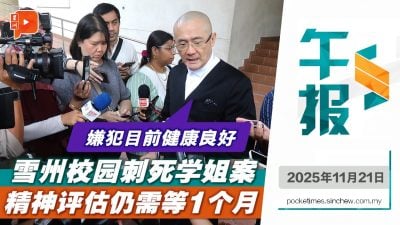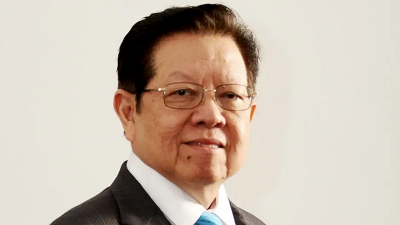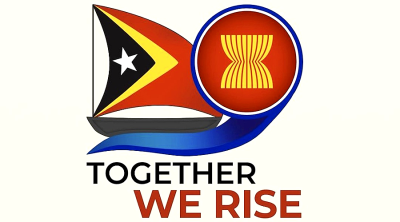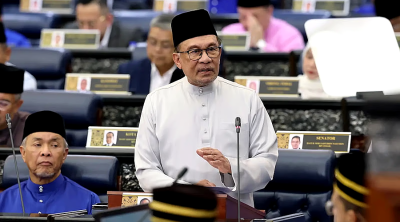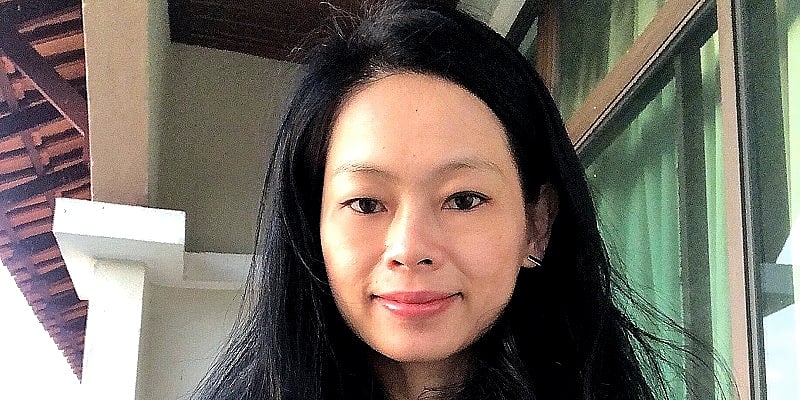
In the shifting terrain of Malaysian politics, few things persist as stubbornly as the phenomenon of political dynasties.
Whether it is seen as continuity, convenience, or simply culture, the reliance on family names remains a deeply entrenched feature across party lines.
The latest developments in PKR’s internal dynamics amid speculation over a potential leadership contest involving Nurul Izzah Anwar again bring this question to the fore.
Can a party built on the spirit of Reformasi genuinely resist the gravitational pull of dynastic succession?
It is not a new debate. Malaysia has long been familiar with the influence of political families, from the Razaks and Mahathirs to the Lims and now the Anwars.
Across both ruling and opposition blocs, the presence of political heirs is neither rare nor particularly shocking. What is striking, however, is how little reflection there has been on what this means for the health of Malaysia’s democratic culture.
Reformasi and the crisis of political imagination
PKR was born from a movement that explicitly challenged nepotism, patronage, and political concentration.
For years, it held itself as an alternative to the Umno model, as a party built on merit, internal democracy, and reformist ideals.
Two decades later, those claims are now being tested more than ever.
While no one denies Nurul Izzah’s political contributions or legitimacy as a leader in her own right, the unavoidable fact is that her name carries weight far beyond personal performance.
Her candidacy will inevitably be interpreted through the lens of dynastic continuity.
Whether fairly or not, it invites questions about whether PKR is becoming what it once set out to reform.
More than just a personality contest, this moment in PKR’s evolution reflects a deeper crisis of political imagination.
The party’s leadership debates have become increasingly framed around symbolism rather than substance.
As discussions center on loyalty, lineage, and legacy, critical debates over policy direction, internal reforms, and long-term strategy have largely faded into the background.
Between legacy and legitimacy
Dynastic politics is not unique to Malaysia. In fact, the phenomenon exists across many democracies, albeit in varying degrees.
In India, the Gandhi family remains a central figure in the Congress Party. In the Philippines, the Marcos family has returned to power despite a turbulent history.
Their presence often narrows the space for leadership renewal.
In contexts where party institutions are weak, dynastic succession can become a substitute for open competition, reducing parties to vehicles for legacy rather than platforms for ideas.
The risks are clear. When leadership becomes concentrated within a family, whether directly or indirectly, it can discourage dissent, stifle internal mobility, and reinforce a culture of deference over debate.
Even when dynastic leaders are capable, the perception of inherited privilege can undermine public confidence in the party’s democratic credentials.
Why dynasties persist
It is easy to point fingers at political elites, but the persistence of dynasties reflects broader structural and cultural conditions.
First, Malaysia’s political parties often lack strong institutional mechanisms for leadership development.
There is little room for systematic talent cultivation, and succession planning tends to rely on personal trust networks rather than transparent procedures.
In such an environment, familiar names offer predictability and control.
Second, Malaysian political culture remains deeply personality-driven.
For many voters, party platforms matter less than individual figures. A well-known surname becomes a shorthand for trust, identity, or struggle.
In the case of Nurul Izzah, her association with the Reformasi legacy carries both symbolic weight and political advantage.
Third, the concentration of power within party leadership circles makes it difficult for outsiders to rise.
Whether due to limited access, internal factionalism, or lack of resources, many young or less connected leaders find themselves unable to break through, regardless of merit.
In short, dynasties persist because they offer political capital in a system that lacks alternative paths to leadership.
PKR, given its founding ideals, faces a particular responsibility.
The implications for Malaysia’s democratic development
The debate over political dynasties extends beyond a single party or individual.
It speaks to the broader question of whether Malaysian democracy can move toward greater institutional maturity.
If leadership remains tied to legacy rather than merit, the promise of reform will remain unfulfilled.
Moreover, the normalization of dynasties sends a troubling signal to the younger generation.
If political advancement appears tied to family background, it risks disillusioning those who still believe in public service as a vocation built on hard work and integrity.
At a time when political fatigue is growing and trust in institutions is declining, the reproduction of elite continuity could further widen the gap between citizens and the political system.
To be clear, this is not a call to disqualify individuals on the basis of their surname. Nor is it to deny the contributions of those who happen to come from political families. Rather, the point is to ask whether political parties and society more broadly are doing enough to ensure that leadership is earned, not assumed; contested, not inherited.
PKR, given its founding ideals, faces a particular responsibility.
As it looks toward its post-Anwar future, the party must decide whether it wants to remain a symbol of reform or become another iteration of the status quo.
That decision will not be determined by who wins the deputy presidency, but by how that leadership is contested and legitimized.
Reform is not a static destination. It is a process that requires constant vigilance, institutional integrity, and a willingness to confront uncomfortable truths, including those within one’s own party.
For now, Malaysians are watching closely. Not just to see who the next leaders will be, but to understand what kind of political culture we are building.
Will the next generation of leaders emerge from open contestation, or from quiet succession? That answer may well shape the trajectory of Malaysian democracy for years to come.
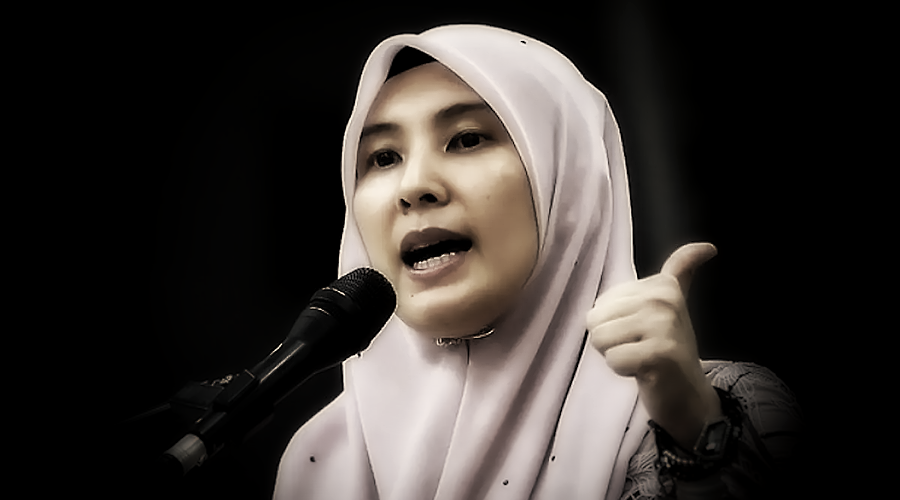
(Khoo Ying Hooi, PhD, is an Associate Professor of International Relations and Human Rights at Universiti Malaya. Her work spans human rights research, diplomacy, and policy engagement across ASEAN and Timor-Leste, along with active contributions in editorial and advisory capacities.)
ADVERTISEMENT
ADVERTISEMENT






